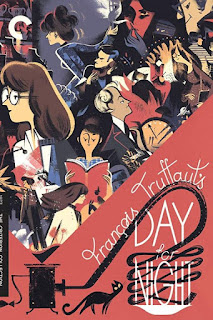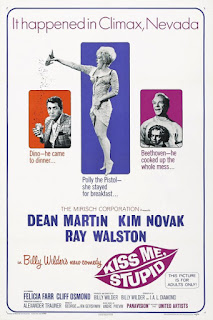FREE ON CINEGEEK.DE THE BEST MOVIES IN OUR VIDEO STORE! Jane Campion - An Angel At My Table

An Angel At My Table tells the story of a curly-haired redhead who grows up to be one of New Zealand's best writers. Until then, however, she must endure ordeals that would probably have sent most people to the insane asylum. The irony of fate is that she was already in a mental institution, falsely diagnosed as schizophrenic. They subjected her to over 200 electroshock treatments, even though this girl is just a bit shy and depressed. Her name is Janet Frame, she published novels, poetry and plays. She wrote her first two works in the psychiatric hospital, and presumably that's how she survived. Writing as a place to order the chaos around her. This is what Jane Campion talks about, and it's no spoiler to state that An Angel At My Table is riveting from beginning to end. If you don't like gussied-up biopics, you're in for a treat! Campion's film simply traces a life as it was lived. It follows the path of Janet, who was driven by society to a place that nearly killed her. We follow that from Janet's childhood into her 30s and that's why she's portrayed by three actresses, Kerry Fox, Alexia Keogh and Karen Fergusson. Everything seems real, as things turn for the worse, but Janet's strong nature fights against it and also prevails. New Zealand during the 30s appears as a green paradise. We meet Janet as a strange child, with bad teeth and her shock of unruly red hair. She looks strange, yet there is something special about her! For Janet has the imagination of a poet, and when she writes an essay for elementary school, she shows absolute confidence in her choice of words - and no authority can make her change a single word. Slowly Janet grows up, never going out and having no social life. At school she associates with the non-conformists and artists, in short, the outsiders. She looks enviously at the popular girls. They live in a distant world that she hopes to understand. Janet is also a loner in college. Shy and withdrawn, she confides everything to a diary. In her later job as a teacher, she never drinks tea with her colleagues. Once, when the school inspector appears, she freezes, unable to stammer a word. A panic attack - and one diagnosis leads to another. She is admitted to a mental hospital and experiences eight years of unspeakable horror. They experiment with shock treatments, threaten her with a lobotomy. But whatever happens there, nothing can rob her of her cheerful mind! It is her books that save her from everything terrible. They intimidate Janet's father into extending her stay - but he swears she'll never have to return there! Finally, in her 30s, Janet begins to live. She receives a scholarship, joins a group of bohemian writers and painters in Spain. And she even loses her virginity. In short, it is a joy to witness her leave her dungeon of loneliness! Unlike Janet's life, Jane Campion's film requires no struggle to enjoy it to the end. Everything is told with great clarity and simplicity. Visually, An Angel At My Table is beautiful; the actresses are strong. This allows Campion to tell her story quietly, with an eye for detail, and very few films have been able to draw me into the action so much!




























